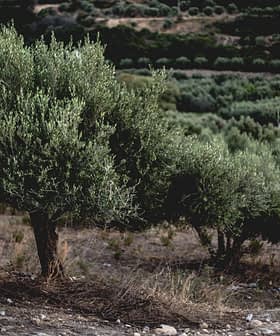In January, the French Senate voted to apply what has been called a biodiversity surtax on imports of crude palm oil. Pressure from environmentalists concerned about huge areas of rain forests being turned into palm oil plantations caused members to approve the progressive import tax. Had it been passed it would have raised taxes from €100 per ton to €300 ($326) in 2017, €500 in 2018, €700 in 2019 and €900 in 2020.
Indonesia and Malaysia, the main exporters of palm oil to France, described the tax as unfair. In Kuala Lumpur, the Malaysian Palm Oil Council (MPOC) said the French imposed a discriminatory tax on one of the developing world’s key exports. “The tax has been passed by a vote of MPs in the National Assembly, despite having no economic or environmental credibility,” it said in a statement.
The two countries joined efforts to successfully lobby France, and this week the National Assembly approved the levy of a gradual surtax starting at only €30 euros ($34) in 2017 on top of the existing €104 existing levy.
The new reduced levy is set to increase by €20 per year to €90 by 2020, just one-tenth of the first surtax levy.
Palm oil is high in saturated fats but much less taxed than other oils such as olive oil which is taxed at €190. The French consume approximately 126,000 tons of this relatively cheap commodity in an array of food products.
This is the third time since 2012 that palm oil has come up for review in parliament. Triggering strong reaction in France was a story involving French Ecology Minister Ségolène Royal who in July 2015 said she would like to see French people stop eating Nutella because the product was destroying the planet, warning citizens that they should be more vigilant about environmental issues.
She was referring to the Italian product that the French love — a hazelnut spread French children have on bread for breakfast or their after school snacks. Nutella is 17 percent palm oil and 55 percent sugar — not entirely healthy — yet it seduces 26 percent of French people. Royal pointed to the masses of trees that had to be replanted because of deforestation which leads to climate change.
Past proposals on tax regarding palm oils were dubbed by the French media as the Nutella Tax because of the enormous popularity of the hazelnut spread.
On hearing about Royal’s remark, The Italian Environment Minister said she “should leave Italian products alone.” When Ferrero, the company that makes Nutella, refuted her comments saying that it used sustainably sourced palm oil, the minister tweeted on her official account “A thousand apologies for the row over Nutella.”
Mille excuses pour la polémique sur le #Nutella. D’accord pour mettre en valeur les progrès.
— Ségolène Royal (@RoyalSegolene) June 17, 2015
The war on palm oil continues as Greenpeace protesters took action against Bolloré headquarters in the north of France in February. Bolloré is a shareholder in a Belgium company that manages palm oil and rubber in Asia and Africa. The 100-square-meter banner displayed by protesters read “Bolloré, hard affairs not kind to the forests.”








